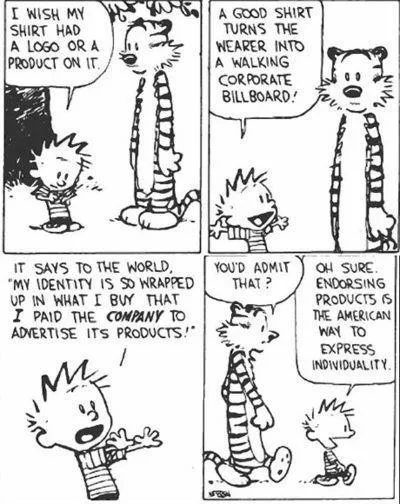"The clock talked loud. I threw it away, it scared me what it talked." - Tillie Olsen
We are told that "time is money", so we are forced to choose - Time? or Money? Most people choose money. Not us.
After years of full time work we felt the eight hours left to us after the eight hours of work and eight hours of sleep wasn't enough. So many of those hours were either interrupted by more work, or were spent recovering from work, that there was little time left to honour precious personal priorities. We had to make a change.
In 2000 I took a non-paid leave of absence (LOA) from my teaching position. Linda quit her job working for a retail cooperative outdoor store.
While some people choose to wait until they retire to honour their priorities, we felt some urgency due to Linda's MS. We wanted to travel and traverse the globe together while we still could. We slipped on our shoes, and set ourselves adrift in the world for the next 365 days.
After a year on the road from Manitoba to Malaysia to Mysore, the school board sent me an email asking if I wanted to take advantage of an optional second year on my LOA. I received the message while we were in Thailand, which made the thought of going back to work very unattractive.
I wondered, "After two years of this will I be able to go back?" I replied to the email letting them know that I was interested in taking another year LOA.
The second segment of our time transformation was spent exploring new things with the security of knowing that I could return to my teaching position the following year... if I wanted. In the meantime, I was free to do things that I would not have had time for while teaching.
Looking for something completely different, I got a job working as a chauffeur. Yes, it seems strange for a guy destined to write a blog about anti-consumption and simple living, but for a while I was the operator of one of society's most ostentatious symbols of excess, the s t r e t c h limousine. I like to think of it as in-the-field research, and it remains one of my most bizarre and interesting jobs.
After my brush with the dark side, I had to redeem myself. My next job was working as a raft guide on one of Canada's most historic waterways, the North Saskatchewan River. I worked for a non-profit organization teaching grade 7 to 12 students about the importance of our water resources, especially our rivers.
Raft guiding was teaching as I like it - in the great outdoors far, far away from institutional echoing corridors and small windows half blocked off to "enhance student performance". You can't beat teaching an excited group of teens in a rubber classroom floating down a river through sun-shafted morning mist.
During the year Linda worked a variety of jobs supporting housing and retail cooperatives. Besides our part time work, we enjoyed having time to hang out with the coop kids and friends and neighbours in unhurried, casual encounters. Time was unfolding at a healthy pace, and our newly acquired hours were spent in a variety of creative activities, like learning to play guitar, singing, and drawing.
We also camped, hiked, skied, skated and snowshoed. More importantly, at times we did nothing.
Then, quicker than I expected, it was time to tell the school board what I was going to do the following year.
I resigned, and threw the clock away.
Salvador Dali, of melting clock fame, said, "Surrealism is destructive, but it destroys only what it considers to be shackles limiting our vision."
Taking a sabbatical was like living in a surrealistic movie. As soon as we stopped working so much, everything was different, and kind of weird. But a good weird. The reprieve gave us the opportunity to allow time to destroy the shackles limiting our vision.
Over the two years everything opened up, including our experience of time. We liked being off the clock, and we liked the spontaneity and joy of living on a more natural, gentle un-schedule.
Time or money? We picked time, the most precious of all commodities.



















